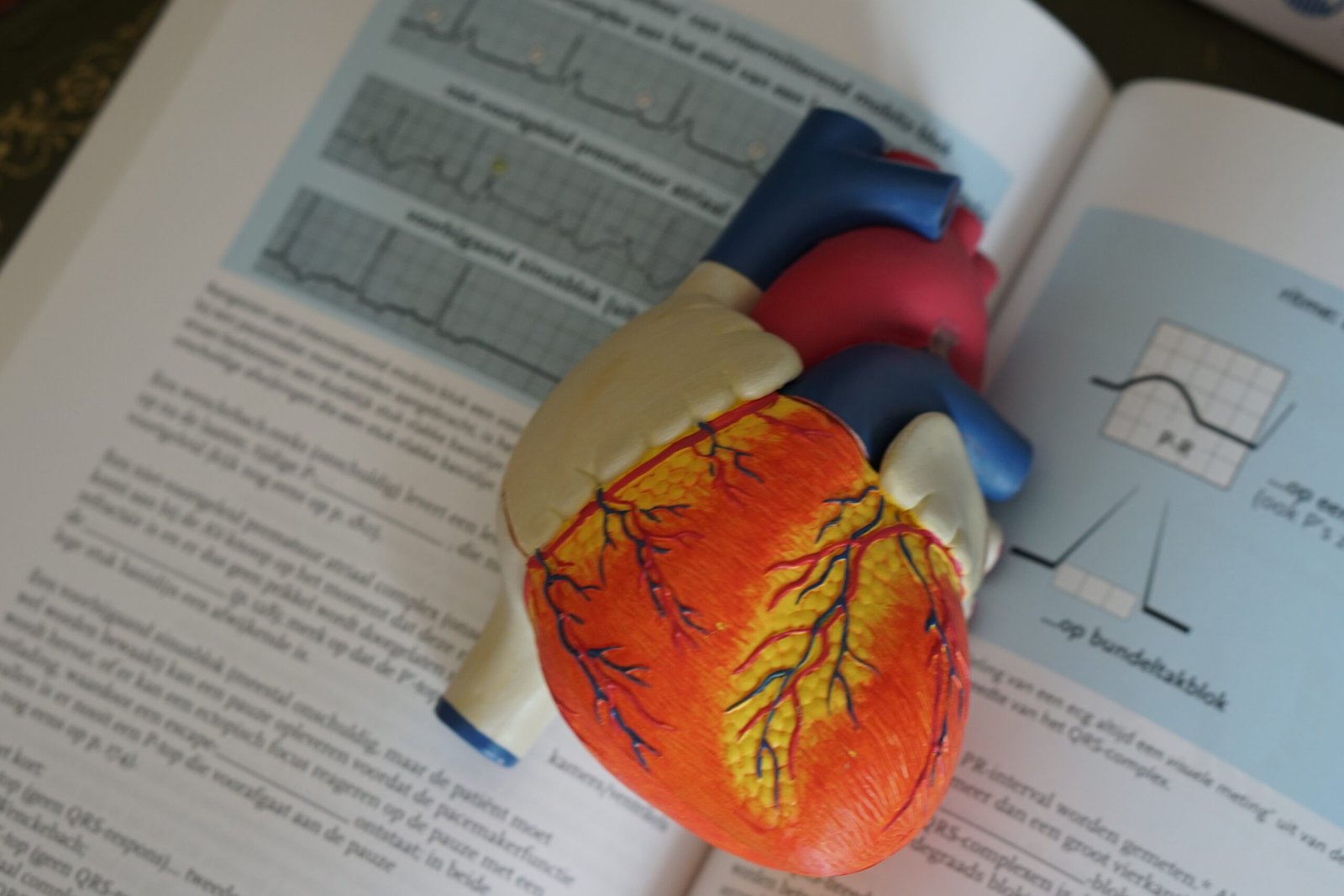Heart health is crucial for overall well-being. Taking care of your heart can help prevent cardiovascular diseases and lead to a healthier and longer life. Here are some tips to help you recover and maintain good heart health:
1. Eat a Heart-Healthy Diet
Include a variety of fruits, vegetables, whole grains, lean proteins, and healthy fats in your diet. Limit saturated and trans fats, sodium, and added sugars. Opt for low-fat dairy products and choose lean meats and fish over processed meats.
2. Get Regular Exercise
Aim for at least 150 minutes of moderate aerobic exercise or 75 minutes of vigorous exercise each week. Incorporate activities like brisk walking, swimming, cycling, or dancing into your routine. Regular exercise helps improve heart function, lowers blood pressure, and reduces the risk of heart disease.
3. Maintain a Healthy Weight
Being overweight or obese can strain your heart and increase the risk of heart disease. Maintain a healthy weight by following a balanced diet and engaging in regular physical activity. Consult a healthcare professional to determine your ideal weight and develop a personalized plan.
4. Manage Stress
Chronic stress can contribute to heart problems. Find healthy ways to manage stress, such as practicing relaxation techniques, engaging in hobbies, spending time with loved ones, or seeking professional help if needed.
5. Quit Smoking
Smoking damages blood vessels and increases the risk of heart disease. If you smoke, seek support to quit. There are various resources available, including nicotine replacement therapy, counseling, and support groups.
6. Limit Alcohol Consumption
Excessive alcohol consumption can lead to high blood pressure, heart failure, and other heart-related issues. If you drink alcohol, do so in moderation. Men should limit to two drinks per day, while women should limit to one drink per day.
By following these tips, you can take significant steps towards recovering and maintaining a healthy heart. Remember to consult with a healthcare professional for personalized advice and guidance.
Regular healthcare check-ups are crucial for maintaining good health and preventing potential health issues. Whether you’re young or old, it’s essential to make regular visits to your healthcare provider to ensure your well-being.
During a check-up, your healthcare provider will assess your overall health, perform necessary screenings, and address any concerns or symptoms you may have. These check-ups allow for early detection and prevention of various illnesses, potentially saving lives and reducing healthcare costs in the long run.
One of the key benefits of regular check-ups is the opportunity for early detection of diseases such as cancer, diabetes, and heart disease. Detecting these conditions in their early stages significantly improves the chances of successful treatment and recovery.
Additionally, check-ups provide an opportunity to discuss any lifestyle changes or concerns you may have. Your healthcare provider can offer guidance on diet, exercise, stress management, and other factors that contribute to your overall well-being.
Regular check-ups are especially important for individuals with chronic conditions such as asthma, hypertension, or diabetes. These visits allow for monitoring of the condition, adjustment of medication dosages if necessary, and the prevention of complications.
Remember, prevention is always better than cure. By scheduling regular check-ups, you can take proactive steps towards maintaining good health and preventing potential health problems. Don’t wait until you’re sick to see a healthcare provider – make regular check-ups a priority for yourself and your loved ones.
Access to quality healthcare is a fundamental right that should be available to everyone. It plays a crucial role in maintaining and improving the overall well-being of individuals and communities. In this blog post, we will explore the significance of quality healthcare and its impact on individuals and society.
1. Preventive Care
One of the primary benefits of quality healthcare is the emphasis on preventive care. Regular check-ups, vaccinations, and screenings can help detect and prevent potential health issues before they become more serious and costly to treat. By promoting preventive care, quality healthcare providers can help individuals lead healthier lives and reduce the burden on the healthcare system.
2. Timely Diagnosis and Treatment
Quality healthcare ensures timely diagnosis and treatment of various medical conditions. Prompt access to healthcare services can significantly improve patient outcomes, reduce complications, and even save lives. Whether it’s a routine illness or a chronic condition, receiving timely and appropriate medical attention is crucial for managing and mitigating the impact of the disease.
3. Holistic Approach to Care
Quality healthcare providers adopt a holistic approach to care, considering not only the physical health of individuals but also their mental, emotional, and social well-being. This comprehensive approach recognizes the interconnectedness of various aspects of health and aims to address them collectively. It involves personalized treatment plans, patient education, and support systems to ensure that individuals receive the best possible care.
4. Reduced Healthcare Costs
Investing in quality healthcare can lead to long-term cost savings. By focusing on preventive care and early intervention, healthcare providers can help avoid expensive emergency room visits and hospitalizations. Additionally, timely treatment and management of chronic conditions can prevent the need for costly interventions in the future. Quality healthcare, therefore, not only improves health outcomes but also reduces the financial burden on individuals and society as a whole.
In conclusion, quality healthcare is essential for promoting and maintaining good health. By prioritizing preventive care, ensuring timely diagnosis and treatment, adopting a holistic approach, and reducing healthcare costs, quality healthcare providers can make a significant difference in the lives of individuals and communities.




